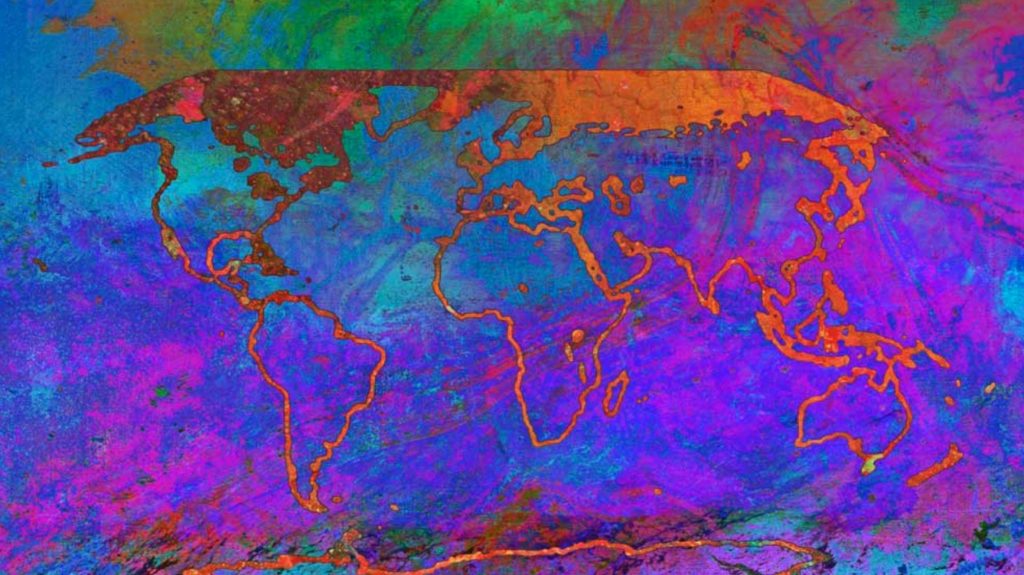What are IPCC’s assessment reports?
- IPCC recent reports, including the Sixth Assessment Report (AR6), underscore the urgency to limit temperature rise and the need for adaptation and mitigation strategies.
IPCC Assessment Reports
- Since 1988, the UN Intergovernmental Panel on Climate Change (IPCC) has produced six assessment reports, three special reports, and methodology reports.
- They provide guidelines for estimating greenhouse gas emissions and removal.
- These documents - prepared by scientists of UNFCCC - examine the science, consequences, adaptation, mitigation and vulnerability aspects of climate change.
- Over the years, these reports have substantiated the fact that the planet is warming and that humans bear primary responsibility.
Key Findings of the AR6
- AR6 warns that the time to limit temperature rise to 1.5 degrees Celsius is running out and we are close to breaching adaptation limits.
- It also suggested options and strategies to mitigate warming and enhance resilience in natural and human-made systems.
Initiation of Seventh Assessment Cycle (AR7)
- Recently, IPCC initiated its seventh cycle (AR7) with the election of an IPCC bureau
- In January 2024, bureau members met for the first time in Turkey to discuss budgeting issues, timelines for the various reports, and the work programme.
- Before this meeting, the co-chairs and rapporteurs of the Informal Group on Lessons Learned had produced a paper consolidating the learnings from the AR6 cycle.
- Guides discussions on report types and the need for adequate input for the second global stocktake in 2028.
Global Stocktake
- UNFCCC countries conduct a ‘global stocktake’ (GST) every five years to assess the world’s progress towards the goals of the Paris Agreement.
- The GST is a mechanism to measure collective progress, identify gaps, and chart a better course of climate action.
- The first GST started in 2022 and ended at the 28th session of the Conference of the Parties (COP28) to the UNFCCC in 2023.
Outputs of the AR7 Cycle
- The Bureau decided to produce full assessment and synthesis reports, methodology reports, and a special report, considering time constraints and stress on resources.
- The full assessment reports will include reports from three Working Groups (as in the previous assessment cycles) plus a synthesis report.
- The two methodology reports will be on short-lived climate forcers (like methane) and on carbon removal, with a special report on climate change and cities.
- The bureau also decided to revise the technical guidelines on impacts and adaptation.
Timeline for Reports
- The countries request assessment reports ready by 2028, aligning with the GST, but the bureau faces challenges in reaching a consensus on the release date.
- Concerns arose over compromised content, incomplete research, and difficulties in engagement with under-represented countries.
- A decision on the timeline with respect to the assessment reports is pending and will be taken at the 61st session of the IPCC.
- However, the special and methodology reports will be published in 2027.


